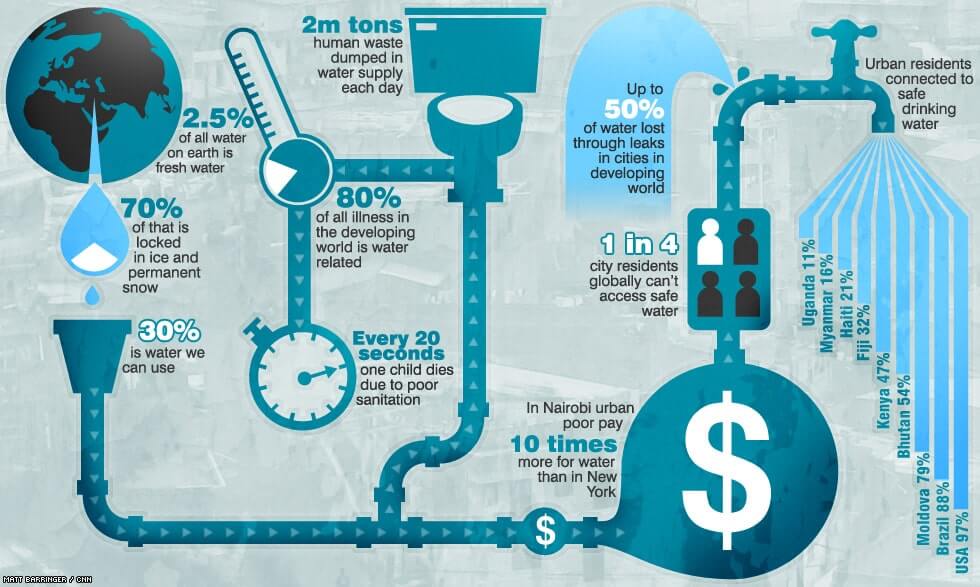The Future Of Home Home Heating - How Heatpump Modern Technology Is Developing
The Future Of Home Home Heating - How Heatpump Modern Technology Is Developing
Blog Article
Content Author-Rosenthal Oliver
Heatpump will certainly be an important technology for decarbonising home heating. In a scenario consistent with governments' revealed power and environment commitments, their global capacity doubles by 2030, while their share in home heating rises to one-quarter.
They work best in well-insulated homes and rely on electricity, which can be provided from an eco-friendly power grid. Technological breakthroughs are making them much more reliable, smarter and more affordable.
Gas Cells
Heatpump make use of a compressor, refrigerant, coils and fans to relocate the air and warmth in homes and home appliances. They can be powered by solar energy or electricity from the grid. They have been acquiring appeal due to their low cost, silent operation and the capability to produce power throughout peak power need.
Some companies, like IdaTech and BG MicroGen, are servicing fuel cells for home heating. These microgenerators can replace a gas boiler and produce some of a house's electrical demands with a connection to the electricity grid for the rest.
However there are factors to be hesitant of using hydrogen for home heating, Rosenow claims. It would certainly be costly and ineffective compared to various other modern technologies, and it would certainly contribute to carbon exhausts.
Smart and Connected Technologies
Smart home modern technology allows home owners to connect and control their gadgets remotely with the use of mobile phone applications. As an example, clever thermostats can discover your home heating preferences and instantly adjust to maximize power intake. Smart illumination systems can be managed with voice commands and automatically switch off lights when you leave the space, lowering energy waste. And wise plugs can monitor and handle your electric use, enabling you to determine and limit energy-hungry home appliances.
The tech-savvy house portrayed in Carina's meeting is an excellent illustration of just how residents reconfigure room heating methods in the light of new smart home modern technologies. They rely on the devices' automatic functions to perform everyday changes and regard them as a practical means of conducting their home heating methods. Therefore, they see no reason to adjust their techniques better in order to enable adaptability in their home energy demand, and interventions aiming at doing so might encounter resistance from these households.
Electrical power
Because heating homes represent 13% of US emissions, a switch to cleaner options can make a large distinction. But the modern technology faces difficulties: It's pricey and needs comprehensive home remodellings. And Recommended Resource site 's not constantly suitable with renewable resource resources, such as solar and wind.
Until just recently, electric heat pumps were as well expensive to take on gas models in the majority of markets. But new innovations in layout and materials are making them more budget-friendly. And better cold climate performance is enabling them to operate well even in subzero temperatures.
The following step in decarbonising heating may be making use of warmth networks, which draw heat from a central source, such as a nearby river or sea inlet, and distribute it to a network of homes or buildings. That would certainly lower carbon discharges and permit households to capitalize on renewable energy, such as green electrical energy from a grid provided by renewables. This option would be less costly than switching over to hydrogen, a nonrenewable fuel source that needs brand-new infrastructure and would just lower CO2 exhausts by 5 percent if paired with improved home insulation.
mitsubishi heat pumps nz
As electrical power rates drop, we're starting to see the exact same pattern in home heating that has driven electrical cars and trucks into the mainstream-- yet at an even quicker speed. The solid climate instance for electrifying homes has actually been pressed further by new research study.
Renewables make up a considerable share of modern-day heat consumption, however have actually been given minimal plan attention globally contrasted to other end-use sectors-- and also less attention than power has. In part, this mirrors a mix of consumer inertia, split motivations and, in several countries, subsidies for nonrenewable fuel sources.
New modern technologies can make the change less complicated. For instance, heat pumps can be made a lot more power effective by replacing old R-22 cooling agents with new ones that don't have the high GWPs of their predecessors. Some specialists also imagine district systems that draw heat from a neighboring river or sea inlet, like a Norwegian fjord. The warm water can after that be made use of for heating & cooling in a community.